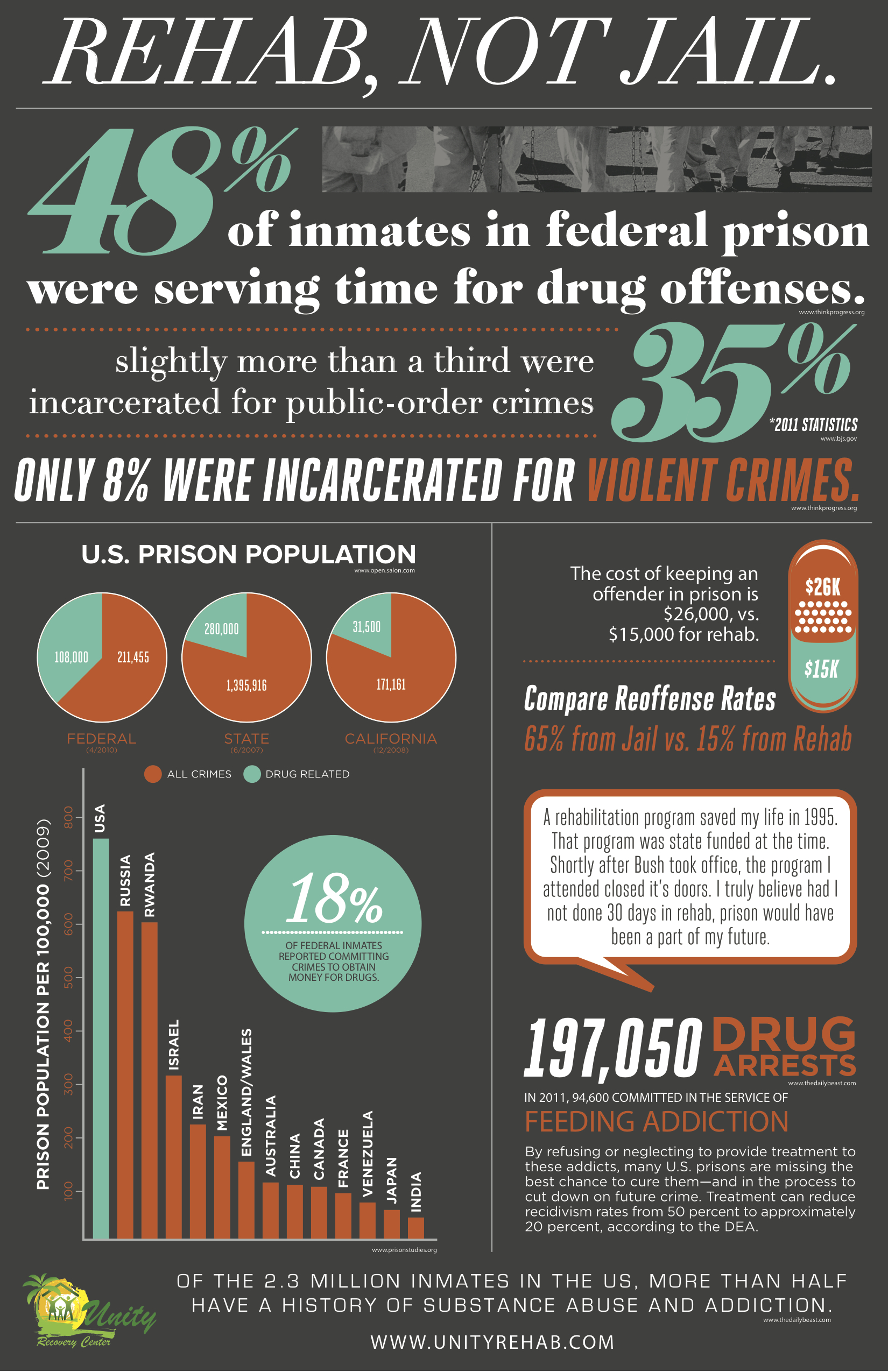Dealing With Triggers And Cravings After Drug Rehab
Dealing With Triggers And Cravings After Drug Rehab
Blog Article
Writer-Blackburn Jansen
You've completed Drug rehabilitation and taken a significant step towards a much healthier way of living. Now, encountering triggers and desires post-rehab can be a challenging journey. How do you navigate via these moments without endangering your development? Understanding the techniques to deal with triggers and cravings is vital in keeping your soberness. Let's explore efficient ways to handle these obstacles and protect your newfound dedication to living a drug-free life.
Determining Triggers and Yearnings
To effectively handle your triggers and desires, start by acknowledging the situations or feelings that lead to your desire to make use of. Take a minute to reflect on what circumstances or feelings motivate your yearnings. Is it anxiety, dullness, social situations, or particular areas? By determining these triggers, you can better prepare yourself to cope with them.
Triggers can be both interior, such as unfavorable feelings or physical pain, and outside, like being around individuals that use materials or checking out a specific place.
Focus on patterns in your yearnings-- are they much more constant at particular times of the day or in action to details events?
Building Healthy Coping Techniques
Determining your triggers and cravings is the initial step towards building healthy coping methods to manage them properly. When you understand what circumstances, emotions, or people cause your desires, you can start developing a strategy to resolve them.
One efficient strategy is to replace adverse behaviors with favorable ones. For Read the Full Post , if stress triggers desires, exercising leisure techniques like deep breathing or reflection can assist. Engaging in physical activities such as workout or opting for a stroll can likewise be a terrific way to handle food cravings.
One more essential facet of structure healthy coping methods is to create an encouraging environment. Surround yourself with people who comprehend your trip and can offer encouragement and liability. It's important to establish boundaries with individuals that may not sustain your healing.
Additionally, establishing a regimen that consists of healthy and balanced habits like routine exercise, proper nourishment, and adequate rest can help you stay on track and reduce the possibility of experiencing triggers and desires.
Seeking Assistance and Liability
Developing a network of encouraging individuals who can provide motivation and hold you responsible is essential in managing triggers and desires effectively. Seek out friends, family members, or a support system that recognize your journey and can provide guidance when you encounter challenging scenarios.
Having someone to speak to throughout minutes of temptation can make a significant difference in remaining on track with your recuperation. Responsibility companions can assist you remain focused on your goals and advise you of the reasons that you picked to seek assistance to begin with.
They can also help in creating an organized strategy to handle triggers and food cravings, such as establishing alternative tasks or dealing devices to replace the urge to utilize drugs. Normal check-ins with your support system can give reassurance and inspiration, assisting you feel much less separated in your recovery trip.
simply click the up coming document in mind, acknowledging and managing triggers and food cravings after Drug rehabilitation is an essential element of maintaining sobriety.
By recognizing your triggers, building healthy and balanced coping approaches, and seeking assistance from enjoyed ones or support groups, you can navigate through challenging moments and remain focused on your soberness objectives.
Keep in mind, you aren't alone in this trip, and with the right tools and assistance, you can overcome lures and live a fulfilling, drug-free life.
Remain strong and maintain moving on.
